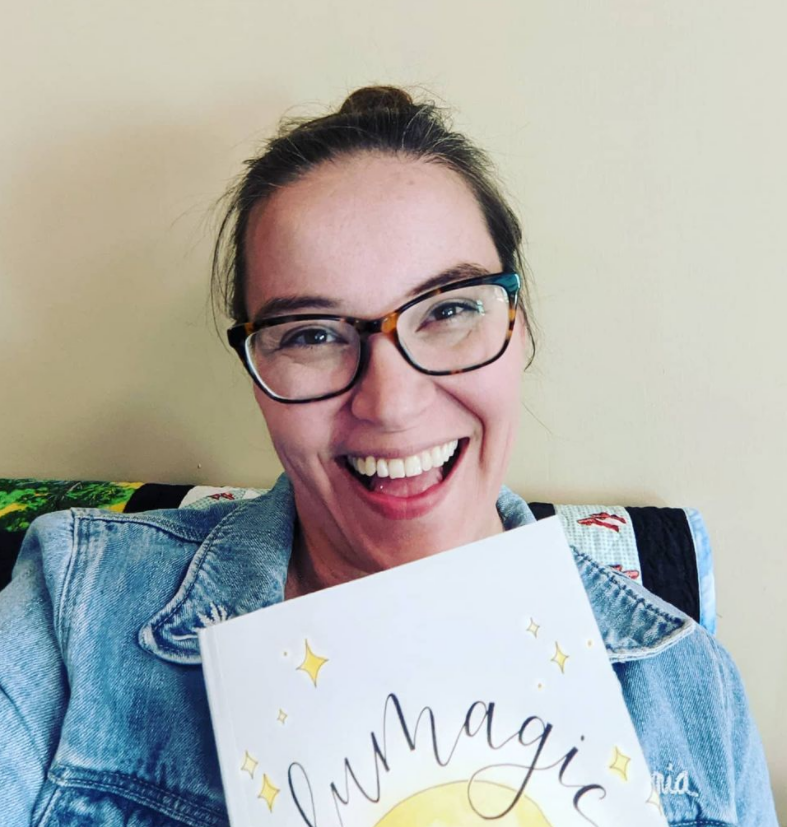How to Become a Teacher in Washington
Portions of the following article were drafted using an in-house natural language generation platform. The article was then reviewed, fact-checked, and edited by multiple members of our editorial team prior to publishing.
If you have a passion for education and a desire to inspire the next generation, becoming a teacher in Washington may be the perfect career path for you.
You can enroll in a teacher preparation program at most on-campus and online colleges in Washington. And if you’re returning to college for a teaching degree, alternative routes to certification are available.
While the process may seem daunting, it is important to remember that the state offers various pathways to certification in light of a significant teacher shortage.
Here’s a step-by-step guide on how to become a teacher in Washington and what to expect along the way.
Popular Online Teaching Programs
Learn about start dates, transferring credits, availability of financial aid, and more by contacting the universities below.
How Do You Become a Teacher in Washington State?
Whether you’re fresh out of high school or considering a career change, you can find the right path for you to become a teacher in Washington. Here’s a step-by-step guide to getting you started.
1. Earn Your Degree
First things first, you need to earn a bachelor’s degree.
While you don’t necessarily need to major in education, consider choosing a field that aligns with the subject or grade level you’re interested in teaching. You can earn your degree before — or along with — your teacher certification program, depending on whether your chosen college or university offers an undergraduate teaching course.
After completing your bachelor’s degree, you’ll need to complete a teacher certification program through an accredited institution. This could be part of an undergraduate program, a “fifth year” post-baccalaureate program, or a master’s program.
2. Gain Student Teaching Experience
Practical, hands-on experience is important in shaping competent teachers. Depending on the type of certification you’re pursuing, you’ll need to complete 450-540 hours of student teaching.
This hands-on classroom experience, guided by a mentor, equips you with the necessary skills to manage a classroom effectively. It provides an opportunity for you to apply the theoretical knowledge you’ve gained during your coursework in real-life classroom settings.
3. Pass Certification Tests
Before you can start working as a full-time teacher, you’ll need to pass a series of tests to show your basic math, writing, and reading skills and your knowledge in your chosen subject area.
The Washington Educator Skills Test-Basic (WEST-B) assesses your foundational skills in reading, writing, and math. Following this, you’ll take the Washington Educator Skills Tests-Endorsements (WEST-E/NES) or an equivalent test to validate your subject-specific content knowledge.
Additional tests may be required depending on the certificate and subject area. For example, world language teaching endorsements require the completion of an ACTFL assessment.
4. Apply for Certification
Once you’ve checked off all the above steps, it’s time to apply for your teaching certificate.
There are different types of teacher certification in Washington State, depending on your experience and qualifications. Check the Washington Office of Superintendent of Public Instruction website to find the certificate that best fits your experience and educational background.
Start by identifying the teaching certificate that suits your expertise and experience. Then, collect your official transcripts and any necessary verification forms for your application. Ensure that you’ve completed your background check and fingerprinting process.
Finally, complete the character and fitness supplement and submit your certification application via the state’s E-Certification portal. Make sure to include any necessary fees.
Remember: The exact process may differ if you’re a new teacher, an out-of-state teacher, or if you’re renewing or reinstating a certificate.
5. Maintain Certification
Once you’ve earned your teaching certification in Washington, you’ll need to maintain it to keep your credentials active.
If you hold a continuing certificate, you’ll need to renew it before its expiration date. This involves logging your completed 100 clock hours (or equivalent credits) and/or up to four yearly Professional Growth Plans into your E-Certification profile under the “Professional Development” section.
You’ll then need to submit the online renewal application via E-Certification before your certificate’s expiration date. If your certificate has lapsed, you’ll need to complete these requirements in the five years prior to your application for reinstatement. Remember, these clock hours or equivalent credits must be completed through an approved provider.
Career Outlook for Teachers in Washington
A 2024 report from the Washington State Professional Educators Standards Board highlights shortages among elementary education teachers, special education teachers, and STEM teachers. This creates a strong demand for many teaching careers in Washington.
According to the Bureau of Labor Statistics (BLS), Washington’s educational workforce consists of more than 180,000 professionals. The annual mean wage for these workers was $69,310 in May 2022.
You can enhance your qualifications and earning potential with experience or advanced training, such as a master’s in education. When choosing whether to attend graduate school, consider if the additional training will help you pursue your ideal career and if it justifies the extra time and cost.
Frequently Asked Questions About Teaching Certification in Washington
While a teaching certificate is generally required to teach in Washington’s public schools, there are alternative routes to certification for those without traditional teaching credentials. These pathways are designed for career shifters, current school employees, and individuals with specific qualifications and experiences.
Additionally, teaching in Washington’s private schools may not require a certificate, depending on the employer.
Note: The insights on this page — excluding school descriptions — were reviewed by an independent third party compensated for their time by BestColleges. Page last reviewed March 25, 2024.
Explore More College Resources

The 10 Best Jobs for Former Teachers
Teaching can be hard, leading some instructors to change careers. Discover the top jobs for former teachers and what you need to do to get them.

by Hannah Muniz
Updated December 7, 2023



